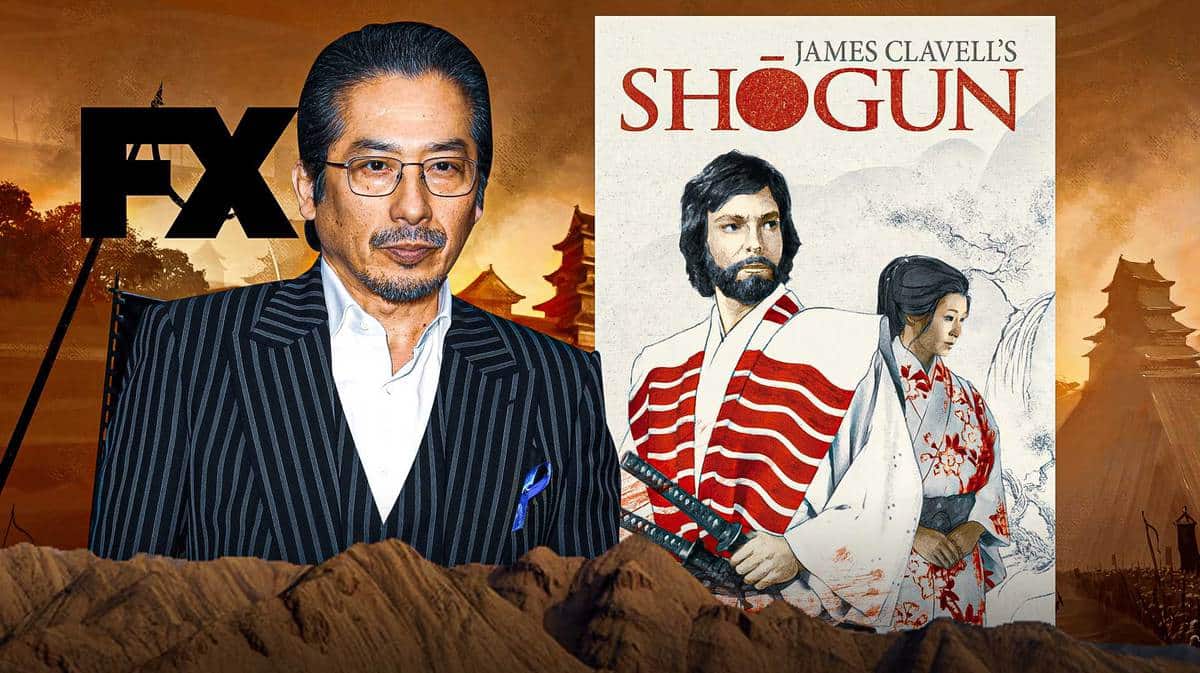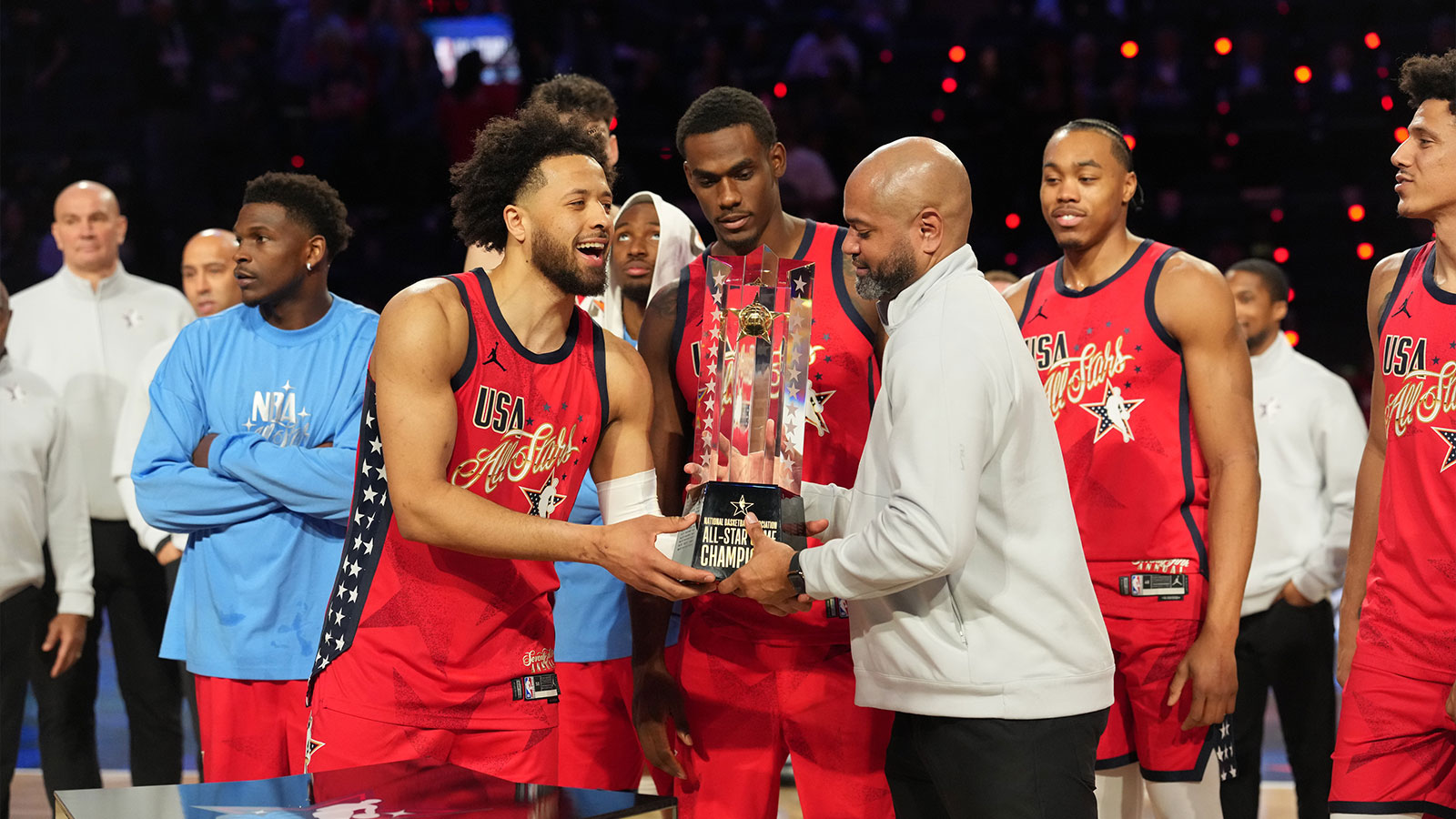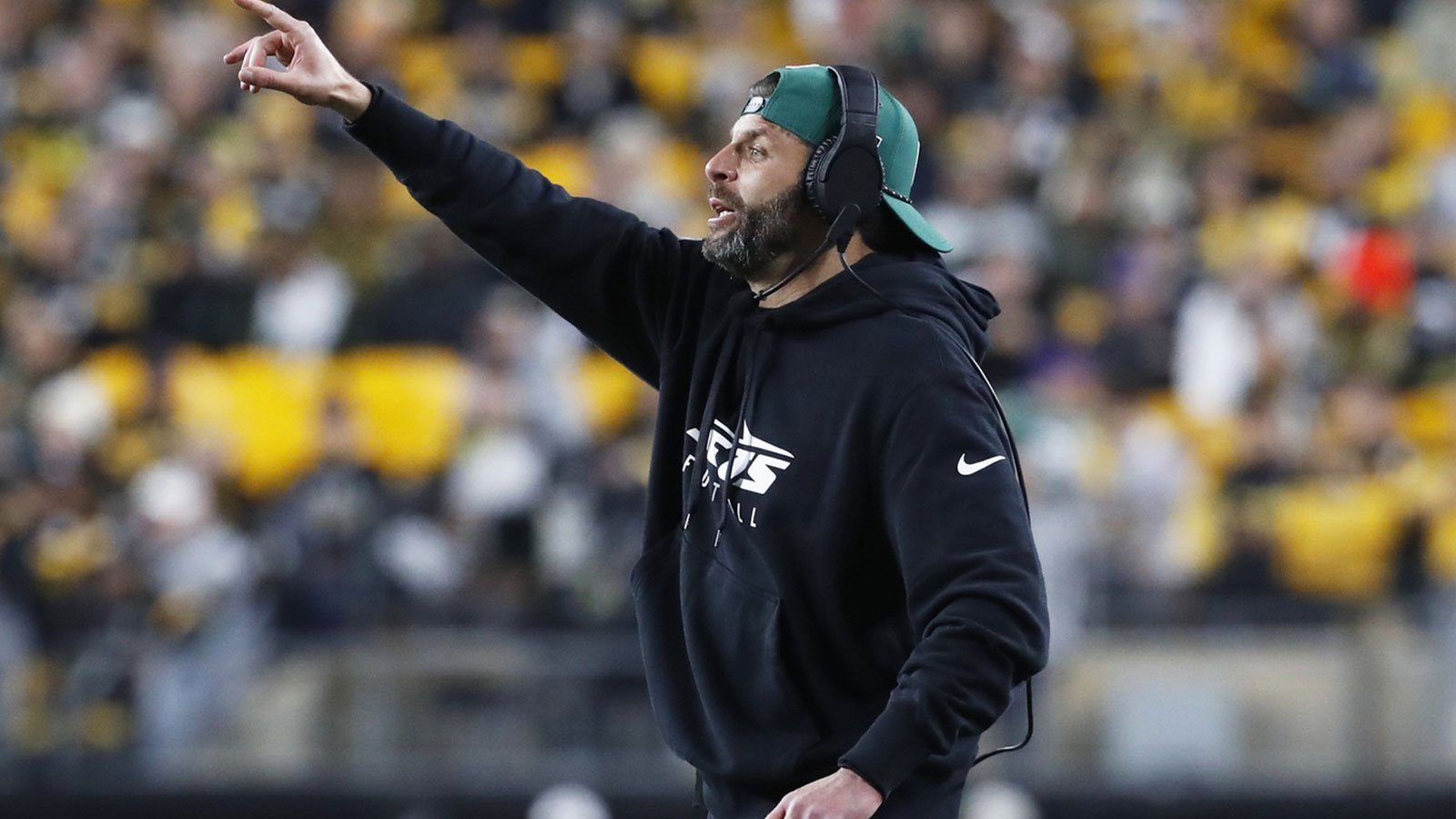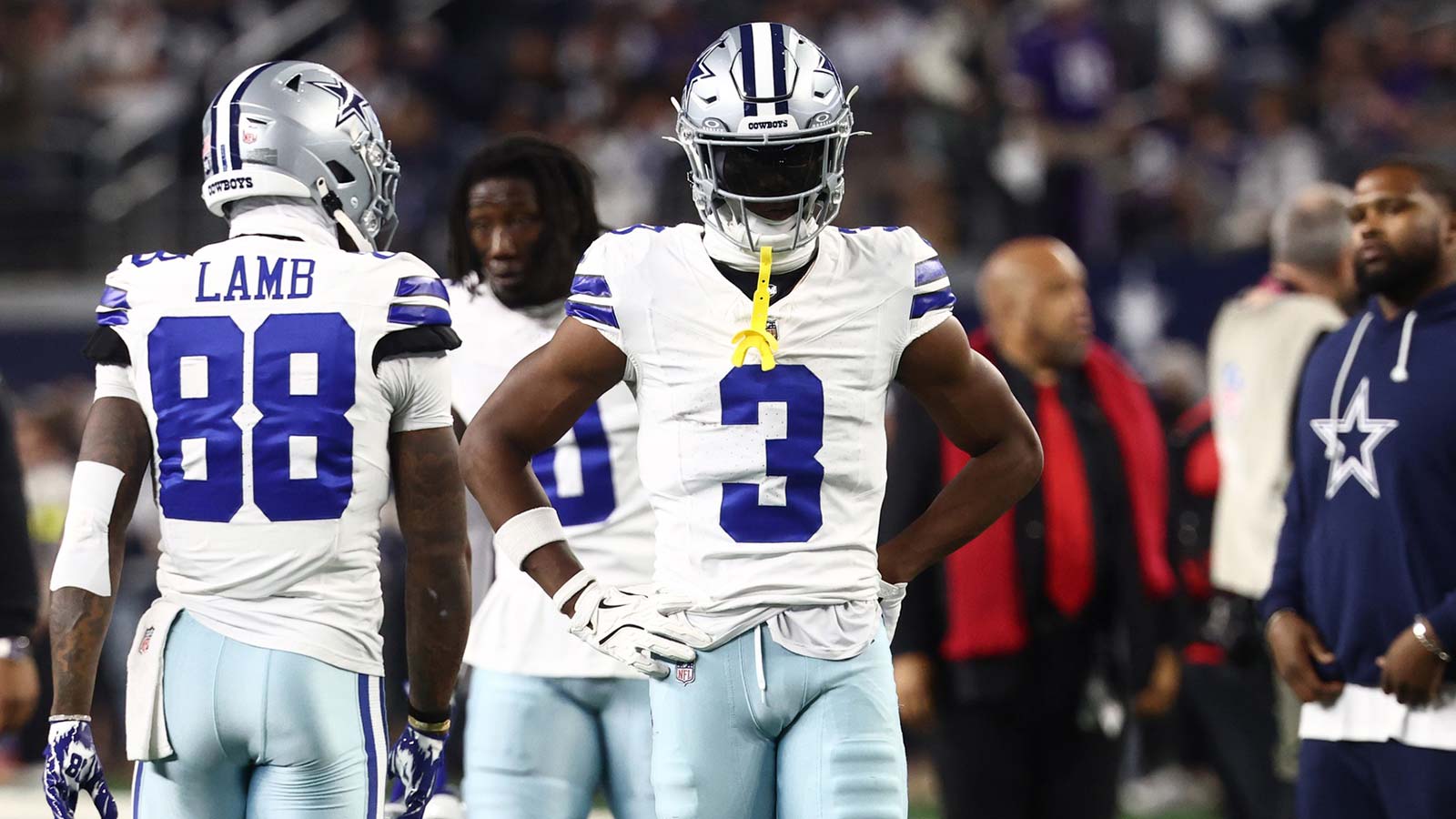FX's Shōgun (also available of Disney+) had a two-episode premiere. The second, Servants of Two Masters, began with a flashback.
In Osaka Castle a year before the events of the first episode, the Taikō lays dying in front of his retainers. He summons Toranaga (Hiroyuki Sanada) after asking everyone to leave them alone. The Taikō asks him his opinion if he is made the sole regent to protect his son.
Toranaga refuses and tells the Taikō that this would give the rest of the regents cause to unite against him. This would also defeat the purpose of what is being asked since this would end up killing him and then the young heir. The Taikō then decides to create the council of regents, effectively creating a political stalemate for everyone involved.
Shōgun: Who is the servant of two masters?
We then go back to the present — the show's, that is.
We left off the first episode with Blackthorne (Cosmo Jarvis) bowing low in front of Lord Toranaga. A Jesuit priest, Martin Alvito (Tommy Bastow), has been summoned to translate. In Japanese, he's called Tsuji, literally “translator.”
There's a conflict of interest here since Anjin — that's what the Japanese call Blackthorne, meaning pilot or navigator — is a Protestant and Alvito is Catholic. The former is rightly suspicious that his words may be twisted in service of the latter's agenda.
However, I love how the series let's us see Anjin and Toranaga conversing without showing the translator halfway through the scene. It gives the feeling as if they were really having an actual conversation — almost the same way we would in modern times — the translator as a means to convey one's message. However, there's a heightened tension this scene with the Jesuit priest an enemy of the Protestant Blackthorne.
But the conversation is cut short by the arrival of Lord Ishido (Takehiro Hira).
There are so many layers in this scene, and it serves to show us how Toranaga seems to be playing 3D chess against Ishido's also complicated gō: concealing his moves while seeing the whole board. Anjin is taken away to prison and he meets a Catholic priest who seems intent on giving absolutions to both converts and ordinary prisoners alike.
The scene of how Lady Mariko (Anna Sawai) is with her child versus with her husband really does illustrate the many faces one must have to survive in this world. Especially if you’re a woman.
In a conversation between Hiromatsu (Tokuma Hishioka) and his family (his wife and daughter-in-law Mariko), Toranaga makes a show of trusting Mariko with how he wants to use Blackthorne to sow division among the Christian regents and Ishido. I especially like the fact that he did this in front of her father-in-law who he readily admits that he doesn’t have their political acumen.
“You could use some of your daughter-in-law’s intuition,” Toranaga says.
Council of Regents 101
Back in prison, it’s the priest who tells Blackthorne who the power players are and serves as — at least to me — not at all a heavy-handed exposition. He details who they are and their importance to the overall storyline: the show's and Blackthorne's.
Lord Sugiyama (Toshi Toda) comes from the richest samurai family in Japan. Clavell reportedly modeled him on Maeda Toshiie who fought under the famous warlord Oda Nobunaga's banner.
Lord Ohno (Takeshi Kurokawa) was a celebrated warrior stricken with leprosy which led him to convert to Catholicism. He is thought to have been based on a real-life Japanese historical figure Ōtani Yoshitsugu who was also known as White Face due to the mask he wore to conceal his disease which historians say may have been leprosy.
Lord Kiyama (Hiromoto Ida) was described as “a man whose faith in Christ is guided only by his greed and ambition.” He was reportedly based on Konishi Yukinaga, who was baptized by the Portuguese priests with the name Agostinho.
Lord Ishido is described by the priest as the caretaker of the castle. He's Toranaga's main rival and based on the famous samurai military commander Ishida Mitsunari.
Blackthorne takes all this information in. However, in the light of day when he tells the priest that he shouldn't be there and says that he's Toranaga's guest, the priest responds, “If Toranaga claimed you as an ally, you’ll never leave Japan alive.”
We then cut to Ishido. I love the scene of his dressing up in order to go about his day and later on ask the rest of the council to vote to kill his chief rival. You know, all in a day's work for a daimyo (lord). I'm so entrenched in the era of social media that for a split second there, I wondered what the Japanese 1600s version was of an OOTD.
However, the constant glances to the traditional samurai armor he used to wear in battle gives the audience a pointed look at how different his life is now, with his sitting down to affix his seal on numerous documents.
The Council of Regents meet and the men must be internally bristling as Kiyama says, “We must politely demand his man be executed.”
Oh well, so long as you're being polite… However, no matter the courtesy Ishido exhibits in front of the other regents, they all know — to a certain extent — what they want: for Ishido, Toranaga's demise. As for the Christian daimyos, we can surmise that Kiyama just wants to make sure that he keeps receiving money from the Black Ship. Sugiyama's keeping cards close to his kimono, but Ohno… Hmmm, he may be the wild card here.
We go back to the priest for another round of exposition. He explains the divine mandate of the Minowaras — the clan to which Toranaga belongs. They are believed to be in possession of a revered title, the ultimate rank a mortal can achieve: shōgun.
The priest may have lost faith in the Jesuits, but he’s still a pretty good informant. He’s the one who tells Blackthorne the one thing he needs to make ensure his survival: knowing the existence of the Macau secret base populated by Catholic samurais and the fact that some of the lords don't.
We then cut to Yabushige (Tadanobu Asano) seeking to play one side against the other. Without knowing the story as I do, the audience could be on tenterhooks as to where he ends up by the end of the series. Asano is quite skilled in playing both obsequious and full of guile at the same time as he tries to ingratiate himself with his old friend Ishido, positioning himself as the vassal to control Blackthorne.
While Anjin is set to be executed, his end doesn’t come at the point of a sword. Not yet. He is marched away from the prison yard and then ostensibly rescued by Yabushige in an ambush.
He brings Blackthorne to Toranaga and the daimyo makes a note of how Yabushige seems to be the one person who keeps bringing Anjin to him. It’s twice now that he’s done this.
Lady Mariko is the first person to whom Blackthorne introduced himself with his first name, John. I took note of this mostly because of how the Japanese are with given names. Notice that with the exception of Lady Mariko, everyone is referred to by their family names. To the Japanese, there has to be an established relationship — a presumed closeness — to be able to use someone's given name.
When Blackthorne is in front of Toranaga, he is interrogated for information, mostly where he's from and where it is in the world. I love the visual of the rock garden where Blackthorne draws the map of the world — or at least what he knows of it. And that close up of the ladle on the gray sand only lasts for a second, but it’s beautiful.
This is where Anjin makes use of the information from the priest: he tells the assembly — in a roundabout way pertaining to his voyage to Japan — that due to there being a Portuguese base in Macau, it's safer for them (he means the Protestants) to journey this way.
Japan and the Treaty of Tordesillas
When he spoke about the Macau base, he uses the word “ronin” meaning masterless samurai although he understands this word as “mercenary”, which proves to be effective in making sure he has Toranaga’s attention. Even more, he explains how Portugal and Spain divided the world 70 years ago in what is known as the Treaty of Tordesillas.
The treaty was signed in Spain in 1494 and ratified in Portugal. This effectively divided newly discovered lands outside Europe. The lands to the east of somewhere near Cape Verde would belong to Portugal while the lands to the west would go to Spain. Blackthorne explains further that this in effect means that with the Jesuits in Japan, they have claimed it for the Portuguese.
You can see Mariko's hesitation at translating this because she’s essentially saying that her Catholic teachers didn't just come here to trade and preach the word of their god, but to conquer, especially when Blackthorne tells her that the end game is for the Portuguese to replace the government with Catholic rulers.
It's interesting how she interprets Anjin's words of “To vanquish our common enemies” when he was asked what he wanted to accomplish in Japan to Toranga as “To enlist you against his enemies.”
The daimyo tells Blackthorne that his quest is hopeless because he's outnumbered. Anjin replies, “Unless I win.”
You can see how this impresses Toranaga, who maybe sees a bit of his hidden self — the one who craves adventure — in Blackthorne.
By the way, for anyone, who wants to argue that Mariko should have said Toda-sama when she corrects how Blackthorne calls her to avoid familiarity, remember that she’s speaking Portuguese here. She wouldn’t use her last name as she is addressed by the other foreigner in this scene, Alvito, as Lady Maria. Therefore, she is Lady Mariko to Blackthorne.
Speaking of Alvito, Toranaga rebuffs his request to sign the passage papers for the Portuguese’s Black Ship. These plans upon plans will unfold later, I'm sure.
As everyone in the castle settles down for the night, Toranaga fluffing up the pillows and covering them with a blanket to resemble his sleeping form reminds me so much of what teenagers do when they plan to sneak out.
But whatever works, right?
Here come the swords

When an assassin comes, she's fooled by the blanket-and-pillow fort as Toranaga slices her with his katana. And Blackthorne trying to come to Toranaga’s rescue against an assassin with a blade while he himself is unarmed? That should endear him to the warlord, a samurai fully capable of defending himself.
I love that Toranaga – in a show of generosity and honor to a guest – gave his quarters to the Anjin. And the assassination attempt lets him know what the most pressing problem is: the Christian regents over the equally scheming Ishido.
If the first episode slowly introduced us to this world, this second is whetting our appetite for more — more of this world, more action, and more political intrigue.
I’m especially grateful that the actors playing the samurai are Japanese. One thing that always takes me away from action scenes that require the handling of katanas from other shows is how the sword is held.
I’m trying not to sound like a weeb, but as someone who has swords and has had lessons from Japanese masters one of the first tell-tale signs of someone who does know how to use one is the way they hold a sword.
Sanada holds his like someone who has dozens of credits to his name playing a samurai. According to his Wikipedia page, at least 49. And here, it definitely shows.
Just by the second episode alone, Shōgun shines in its pace. There's so much that happened in this episode, yet it doesn't feel rushed.
In the era of binge-streaming, I appreciate the weekly format for two reasons: the wait heightens the anticipation which is key for a series like this that only has 10 episodes; and it gives time to viewers to re-watch the show in case they missed anything.
Because this show is definitely going on the list of must rewatch.




















